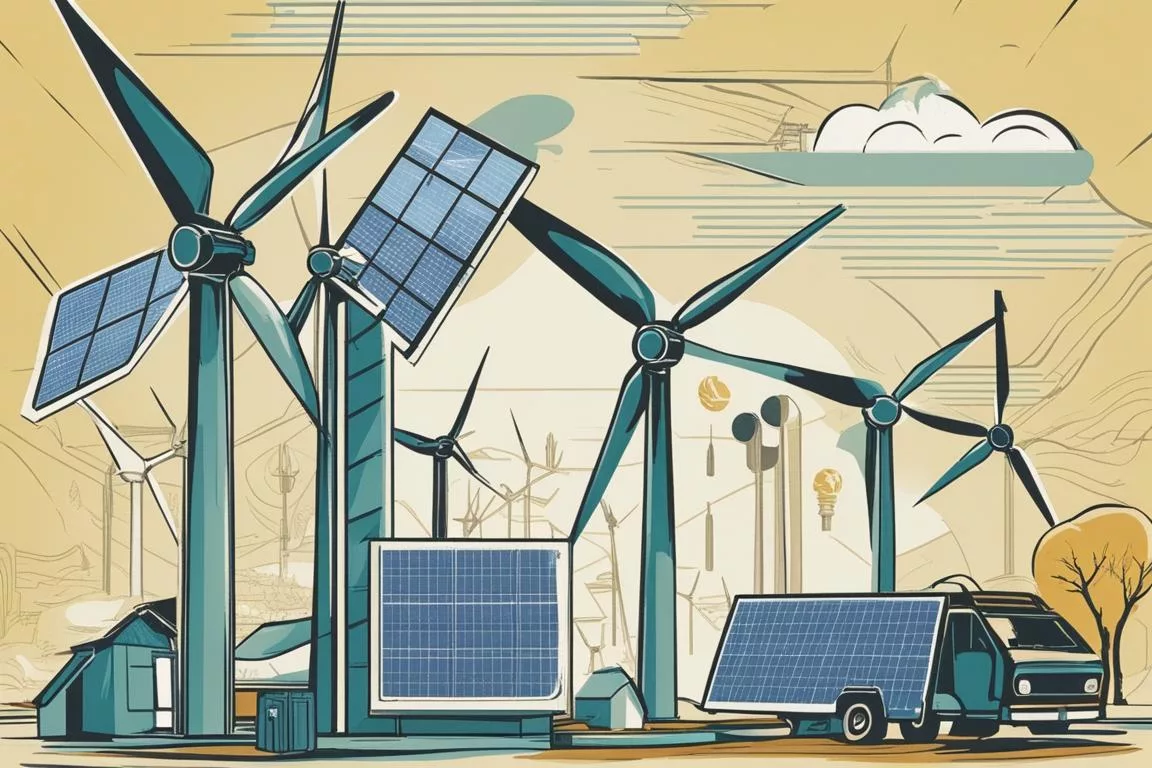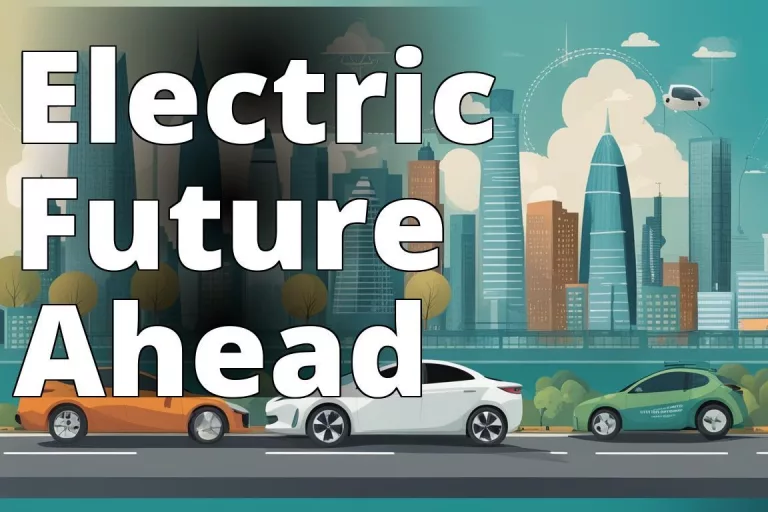Learn about Electric Vehicle Impact on Climate
- Electric vehicles can reduce greenhouse gas emissions.
- The article covers the environmental benefits and regional impact of electric vehicles.
- It also discusses the importance of supportive policies, infrastructure, and future outlook for electric vehicles.
Electric vehicles (EVs) have emerged as a promising solution in the effort to combat climate change. As the world transitions towards sustainable and environmentally friendly technologies, the role of electric vehicles in shaping the future of transportation and their impact on climate change becomes increasingly significant. In this article, we will delve into the environmental benefits of electric vehicles, their potential impact on climate change, and their rising prominence in the automotive industry and consumer trends, while also including personal experiences or insights from individuals with direct involvement in the electric vehicle industry or extensive research on the topic to enhance credibility and relatability.

Environmental Benefits of Electric Vehicles
Reduction in Greenhouse Gas Emissions
One of the most significant environmental benefits of electric vehicles is the reduction in greenhouse gas emissions. Unlike internal combustion engine vehicles, EVs produce zero tailpipe emissions, thereby significantly contributing to the mitigation of air pollution and its adverse effects on the environment and public health.
Contribution to Climate Change Mitigation
Recent studies, such as one published by Carbon Brief, have highlighted that electric cars have lower lifetime climate impacts than those with internal combustion engines. This demonstrates the potential of electric vehicles to make a positive impact on climate change mitigation efforts.
Comparison to Internal Combustion Engine Vehicles
Electric vehicles have been shown to produce significantly fewer planet-warming emissions than gasoline-fueled cars. Despite initial concerns about the emissions from battery manufacturing, studies have indicated that the overall carbon footprint of electric vehicles is lower than that of traditional vehicles, especially in regions with clean energy sources.
Greenhouse Gas Emissions and Electric Vehicles

Emissions from Vehicle Manufacturing
The environmental impact of electric vehicles extends beyond their operation. Studies have revealed that the emissions generated during the manufacturing of electric vehicles are comparable to those of conventional vehicles. However, as the technology and manufacturing processes evolve, the environmental impact of producing EVs is expected to decrease.
Emissions from Battery Production and Disposal
The production and disposal of batteries for electric vehicles have been subjects of scrutiny regarding their environmental impact. However, recent research has shown that advancements in battery technology and recycling processes are reducing the carbon footprint associated with battery production and disposal.
Emissions from Charging and Electricity Generation
The emissions from charging electric vehicles depend on the energy sources used for electricity generation. As countries transition to cleaner and renewable energy sources, the overall emissions from electric vehicle charging are expected to decrease, further enhancing their environmental benefits.
| Emission Source | Environmental Impact |
|---|---|
| Vehicle Manufacturing | Emissions during manufacturing are comparable to conventional vehicles; expected to decrease with evolving technology |
| Battery Production and Disposal | Advancements reducing carbon footprint associated with battery production and disposal |
| Charging and Electricity Generation | Emissions depend on energy sources; expected to decrease with transition to cleaner and renewable energy sources |

Decarbonization of the Electricity Grid
Importance of Transitioning to Cleaner Energy Sources
The decarbonization of the electricity grid plays a pivotal role in maximizing the climate benefits of electric vehicles. Transitioning to cleaner energy sources, such as solar, wind, and hydroelectric power, is essential for reducing the carbon footprint associated with electric vehicle operation.
Maximizing Climate Benefits through Grid Decarbonization
As highlighted by the Yale Climate Connections article, over 90% of the US population lives in areas where an average electric vehicle produces fewer emissions than the most efficient hybrid-gas vehicle. This emphasizes the potential for maximizing climate benefits through the decarbonization of the electricity grid.
Impact on Electric Vehicle Emissions and Climate Mitigation
The gradual shift towards renewable energy sources has a direct impact on the reduction of emissions from electric vehicle operation, further solidifying their role in climate mitigation efforts.



